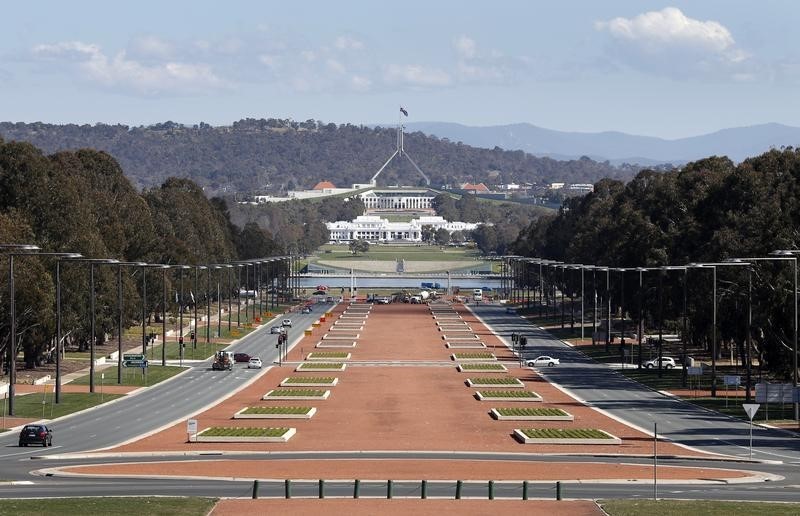By Paulina Duran
SYDNEY, Dec 18 (Reuters) - An Australian government minister who resigned over allegations of improper behaviour with a younger woman will not stand for re-election -- a new hit to a conservative coalition reeling from a series of resignations ahead of a tough 2019 election.
Andrew Broad, who resigned on Monday, said on Tuesday that he would leave politics at the next poll due by May 18, 2019. Broad was assistant minister to the deputy prime minister.
Broad, who is married, resigned after an Australian media report he allegedly used a website to set up a dinner date with a younger woman while on a Hong Kong work trip. said in a statement that "after recent media stories about my private life" voters in his rural electorate in the state of Victoria would be better served by another National party politician.
Broad did not comment directly on the media report, but said he had let his family, staff and party down.
Australia's coalition government, which consists of Liberal and National parties, has been grappling with a series of scandals and infighting this year, leaving it well behind the opposition Labor party in opinion polls. Deputy Prime Minister Barnaby Joyce, also a National, resigned his post in February after an extramarital affair with his former media secretary, although he stayed with the party. government then ousted centre right prime minister Malcolm Turnbull in August in a party room coup led by the Liberal party's conservative wing. Morrison became the country's sixth prime minister in the last decade, but subsequently lost his parliamentary majority when Turnbull left politics. A series of party defections means he is reliant on seven independents for his government's political survival.
The government on Monday forecast the strongest budget outlook in 10 years, arming the embattled prime minister with a war chest which could fund tax cuts ahead of the election.
But despite an economy growing at a pace the envy of many nations and unemployment at a six-year low, voters are angry at the government over its disunity, stagnant wages growth, the high cost of living and falling house prices.
